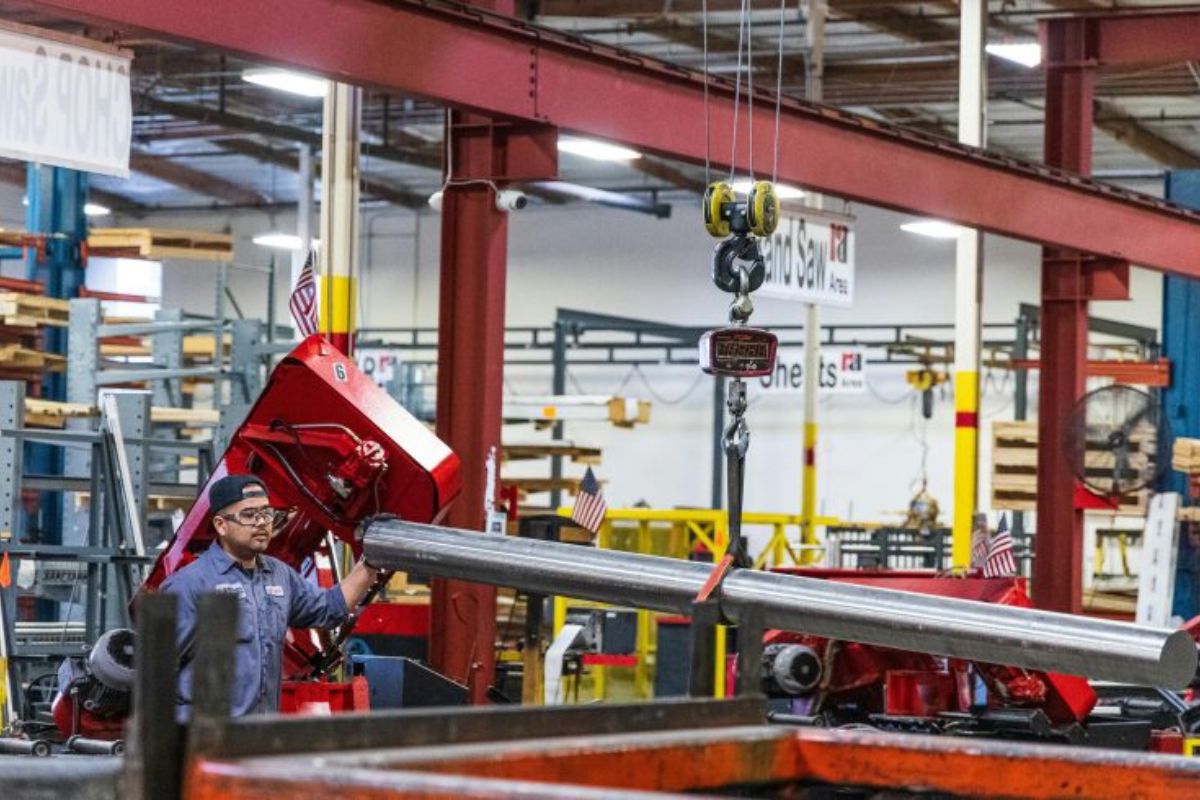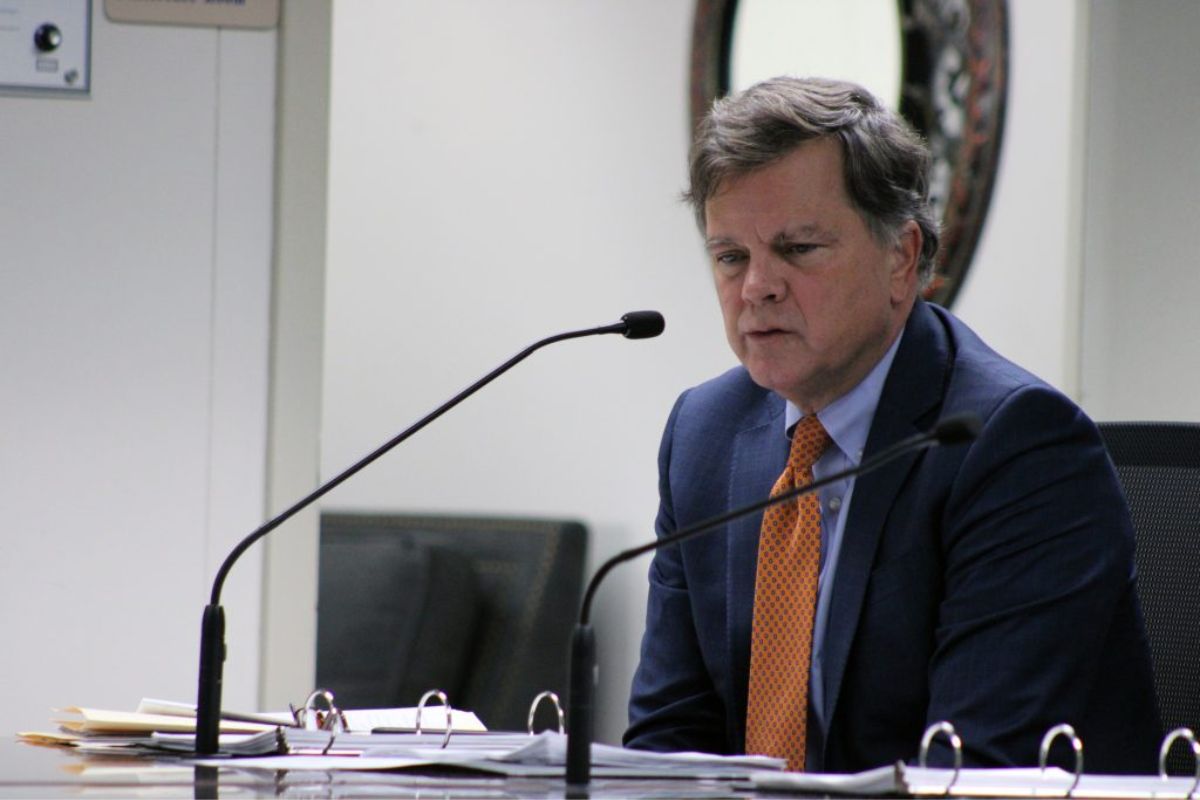New Bill Denies State Funds: Alabama Senator Arthur Orr has introduced a bill to limit state funds to union-friendly corporations. Senate Bill 231 proposes secret ballot elections for union recognition, ensuring a fair collective bargaining process. This initiative responds to growing unionization efforts, emphasizing workers’ rights and state economic concerns. Supported by various Alabama lawmakers, the bill aims to protect employees from coercion and employer retaliation.
However, legal implications under the National Labor Relations Act are being scrutinized due to the bill’s potential impact on labor rights and corporate practices. The bill’s introduction marks a significant development in current labor relations discourse.
Proposed Legislation to Limit Union Formation
The proposed legislation introduced by Alabama Senator Arthur Orr, Senate Bill 231, seeks to curb the formation of unions within corporations eligible for state economic incentives by mandating a secret ballot election process over voluntary union recognition, regardless of workforce support for unionization.
This move represents a significant shift in the dynamics of labor relations within the state, as it places a higher emphasis on the formalization of union representation through a structured voting process. By necessitating a secret ballot election, the bill aims to guarantee that the decision to unionize is made free from external pressures or influences, fostering a more transparent and fair approach to collective bargaining within eligible companies.
This legislative measure underscores a broader concern regarding the potential for coercion or manipulation in the unionization process, highlighting the importance of safeguarding the rights of both workers and employers in determining their labor representation preferences.
The impact of this proposed legislation extends beyond individual companies, shaping the overall landscape of labor relations and economic development in Alabama.
Background and Rationale for the Bill
Amidst escalating tensions over unionization efforts in Alabama, the proposed legislation spearheaded by Senator Arthur Orr positions secret ballot elections as the pivotal mechanism for ensuring independent decisions on labor representation within eligible corporations.
The bill comes in response to recent unionization endeavors at Alabama automotive plants, primarily led by the United Auto Workers union, which have sparked backlash from state leaders and the business community. Senator Orr emphasizes the importance of secret ballot elections to allow workers to freely decide on unionization without facing coercion or intimidation.
Critics of the unionization efforts argue that such initiatives could potentially deter investment and pose a threat to the state’s economic growth. They stress the need for elections with secret ballots to safeguard taxpayer-funded incentives that are often used to attract and retain businesses in the state. The rationale behind the bill is rooted in the belief that ensuring fair and transparent election processes is vital for protecting both workers’ rights and the economic interests of Alabama.

ALSO READ: Montgomery Cracks Down Unlicensed Businesses
Support and Co-Sponsorship of the Bill
Highlighting the widespread backing from multiple Alabama lawmakers, the bill advocating for secret ballot elections in labor representation decisions has garnered significant support and co-sponsorship. Senator Gerald Allen and other legislators have voiced their support for the bill, emphasizing its role in safeguarding workers from potential employer retaliation and fostering a conducive environment for sustainable investment within the state.
Co-sponsors of the legislation stress the significance of upholding workers’ rights to freely organize and form unions without facing fear of reprisal. This bill’s objectives are in line with initiatives seen in neighboring states like Georgia and Tennessee, where there have been efforts to regulate the processes of union organizing and promote business-friendly atmospheres.
The growing support and co-sponsorship from various Alabama lawmakers indicate a strong push towards ensuring fair labor practices and protecting workers’ rights in the state, reflecting a broader trend towards reevaluating labor relations and union activities within the region.
Response from Workers and Legal Implications
In light of the escalating unionization efforts and allegations of employer misconduct, a vital examination of the response from workers and the legal implications surrounding the ongoing labor disputes is essential. The recent charges brought forth by Alabama Mercedes workers against the automaker shed light on the challenges faced by employees advocating for unionization.
These workers have raised concerns about aggressive anti-union tactics and retaliatory measures taken by the company. Some employees, including those dealing with significant health issues, have emphasized their rights to organize without facing adverse consequences in the workplace.
Moreover, Orr’s bill, which denies state funds to union-friendly corporations, is facing legal scrutiny and potential challenges under the National Labor Relations Act. The debates over labor rights and corporate accountability have further intensified due to this legislation. As the situation unfolds, it is crucial to monitor the responses from workers, the legal developments, and the broader implications for labor relations in the country.
News in Brief
The new bill that denies state funds to union-friendly corporations is a controversial piece of legislation that aims to limit union formation. The proposed law has garnered support from certain groups and lawmakers, while facing opposition from workers and potential legal challenges.
The implications of this bill could have far-reaching effects on the labor landscape and the relationship between corporations and unions. It remains to be seen how this bill will ultimately impact the workforce and the economy.

